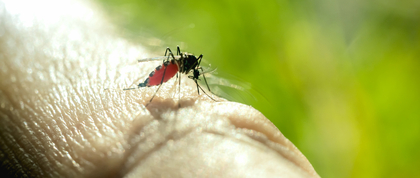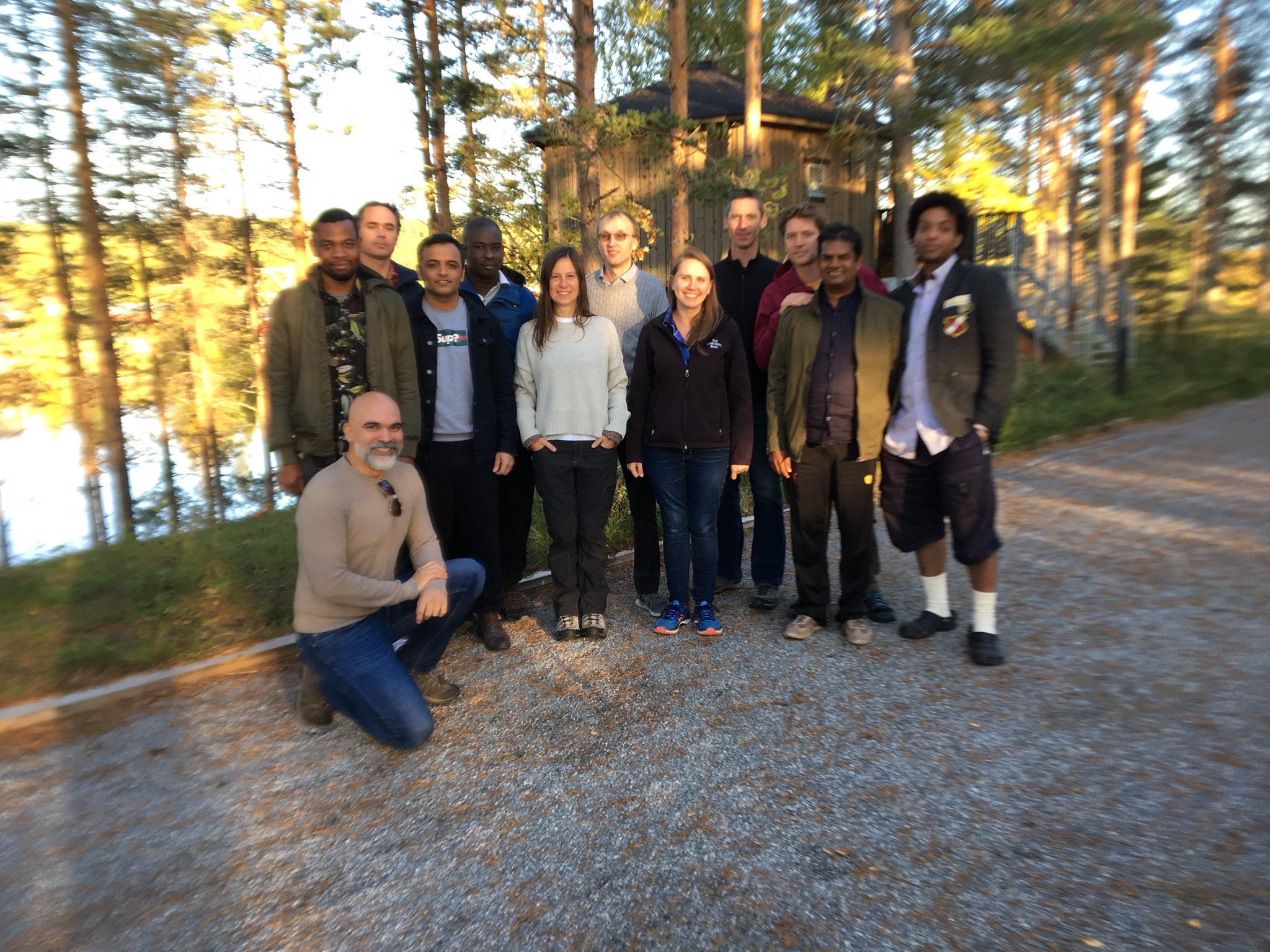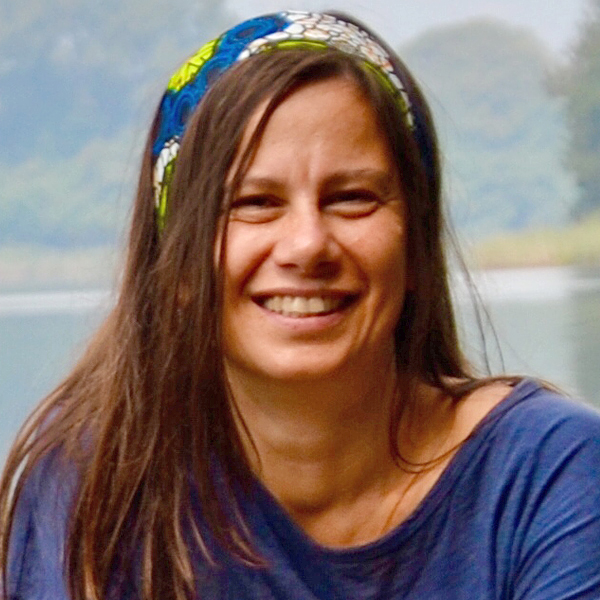
Dear Colleagues:
This year, explosive outbreaks of dengue – a viral disease spread by Aedes mosquitoes in tropical and subtropical areas – have ravaged countries from Latin America to Southeast Asia, leaving millions of people infected and health systems overwhelmed. Several countries, including the Philippines, Bangladesh and Nepal, have declared national epidemics to secure funds for a more rapid response to fight the disease.
Pictured: A dengue ward in a hospital located in Balapitiya, Southern Province of Sri Lanka.
In the meantime, reports continue to confirm locally transmitted cases of dengue in continental Europe and the United States, where Aedes mosquitoes have only recently gained a strong foothold. With today’s world more connected than ever, infected travelers coming from dengue affected areas continuously introduce the virus into local mosquito populations, raising the risk of outbreaks in temperate countries as well.
This is all part of a continuing trend for dengue. We are seeing a worldwide upsurge of the disease owing, in part, to unplanned urbanization, population growth, and increased human mobility at local and global scales. Above all, climate change is the defining issue of our time. Dengue, like any other mosquito-borne disease, is extremely sensitive to changes in the climate, particularly temperature and rainfall.
As we recently described in “Climate change and rising infectiousness of dengue,” warming temperatures help dengue expand its range by allowing Aedes mosquitoes to thrive in areas where they previously could not. Aedes mosquitoes are sensitive to temperature for their development, survival and feeding behavior, all of which affect their capacity as a disease vector. Understanding the effects of climate on dengue risk has proved difficult. Much research has centered on the impact of rising global temperatures according to various greenhouse gas emission scenarios for this century. However, it is essential to consider the interplay of climate with the aforementioned non-climatic factors that affect population exposure to dengue.
For this reason, truly interdisciplinary collaborations among researchers in physical sciences, public health, and social sciences are extremely important. Such collaborations are now being encouraged by funding agencies in the US and Europe. One such effort is the Arbo-Prevent project, funded by the Swedish Research Council. With collaborators from Umea University and Columbia University, we are improving global arbovirus risk models to develop early warning systems that will detect outbreaks ahead of time and strengthen preparedness and response on the ground.

Pictured: ARBO-PREVENT project kick off meeting in Granö, Sweden.
Ultimately, the risk of dengue in a population is determined by that population’s available capacity to adapt and respond to changing environmental suitability for transmission. In a recent study, we have shown that mosquito control interventions, although costly, can be effective and cost-saving, when implemented rigorously. A well-functioning early warning system can alert public health decision makers when and where an outbreak is likely to strike. With this information, decision makers can deploy interventions ahead of time to combat mosquito populations in high-risk areas and may be able to prevent or contain an outbreak more effectively and efficiently.
At a glance - Dengue: Also known as breakbone fever, about 400 million people around the globe get infected by dengue every year. About a quarter of these infections become severe enough to require medical attention and in some cases hospitalization. There is no therapeutic drug or a simple diagnostic test, posing a major challenge to clinicians, particularly in endemic areas. Dengue is a debilitating illness with symptoms including high fever, headaches, severe muscle and joint pain, and internal bleeding. There are an estimated 10,000 deaths from dengue every year globally.

Yesim Tozan, MS, MA, PhD
Assistant Professor of Global Health